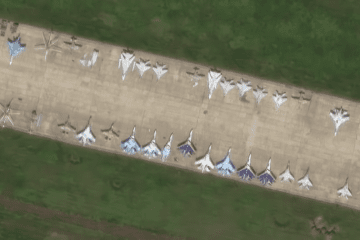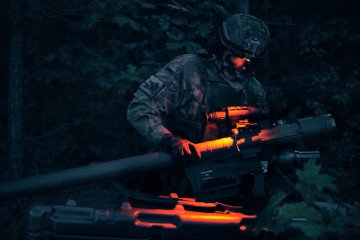- Category
- Latest news
Chancellor Merz: Taurus Missiles to Ukraine Still on the Table, But Training Not Started
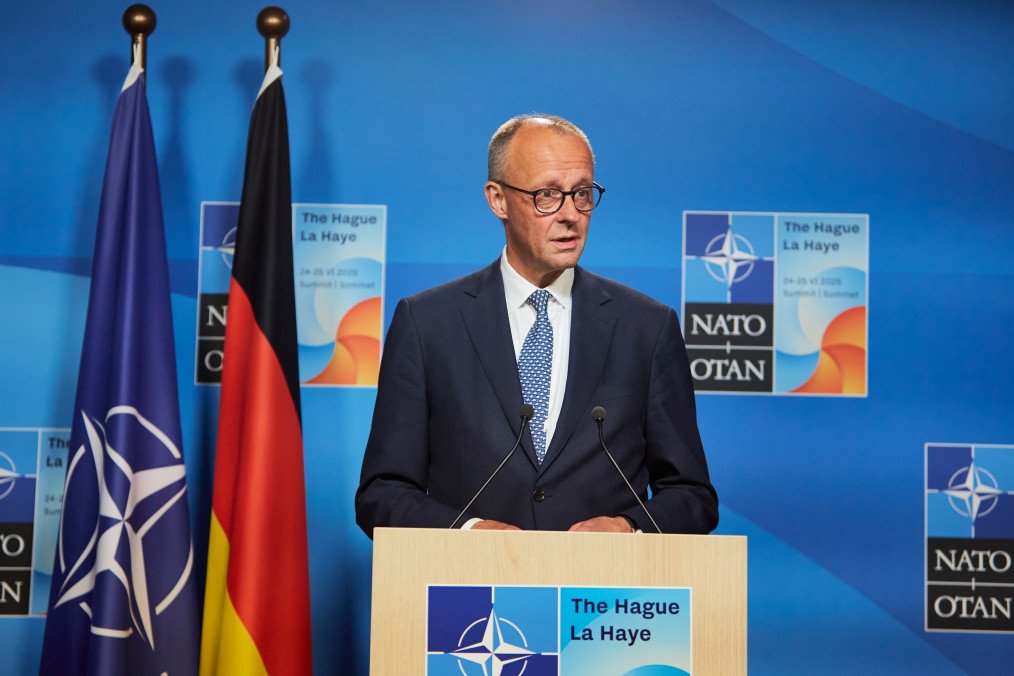
German Chancellor Friedrich Merz said the issue of supplying Taurus long-range cruise missiles to Ukraine remains under discussion, but he emphasized that Germany will not become a party to the war, Merz said in an interview with Germany’s Tagesschau on July 1.
“It has always been clear that if we supply Taurus missiles, they would be operated by Ukrainian soldiers, not German ones,” Merz stated. “By the way, the same goes for other cruise missiles supplied by the UK or France.”
-5551f5ac94cd0ab4de1357a6af329660.png)
The Taurus system, designed for deep-precision strikes, has long been considered one of Germany’s most sophisticated weapons, capable of hitting high-value targets at distances of up to 500 kilometers. However, Merz cited the technical complexity of the system as a key challenge.
“The problem for us is that this system is extremely complex, and it takes at least six months to train soldiers to use it,” Merz explained. “Are they already being trained? We haven’t agreed on that yet. I’ve discussed this with [Ukrainian President Volodymyr] Zelenskyy and within the coalition. We haven’t started. It remains on the table as an option.”
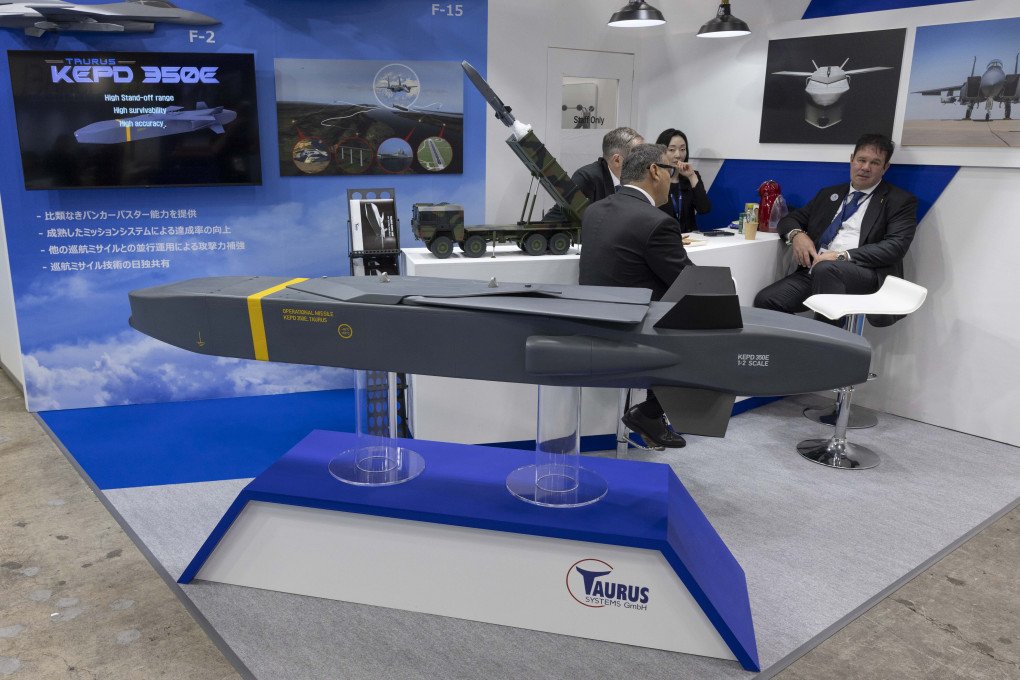
Germany has faced growing pressure from allies and Ukrainian officials to greenlight the delivery of Taurus missiles, especially as Kyiv continues to face long-range strikes by Russian forces. But Berlin has so far held back, citing concerns over escalation and the logistical and operational hurdles involved.
Merz also announced a shift in Germany’s communications strategy regarding military support for Ukraine.
“I also said that in the future, we will no longer publicly discuss what specific weapons we are delivering and what we are doing to support Ukraine militarily,” he said. “That’s because I want [Russian President Vladimir] Putin to be left with a certain level of uncertainty about what we’re doing on the military front.”
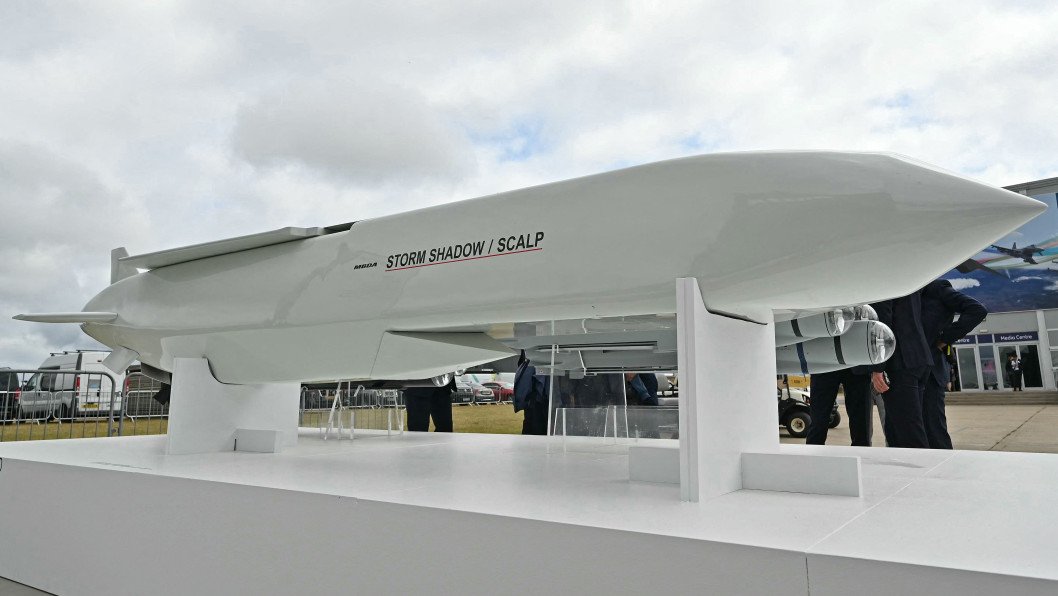
This marks a departure from earlier German policy, which often included detailed announcements about weapons packages. The move appears to align with a broader NATO trend of operational discretion, particularly around sensitive or high-value systems.
Despite the potential for deeper involvement in Ukraine’s defense, Merz drew a firm line when it comes to Germany’s direct role in the war.
“There is only one thing that is absolutely clear—and I will repeat it again on this program: Germany will not become a party to this war,” Merz said. “What was just said, or what you just quoted here—that is exactly what will not happen. Germany will not become a party to the war.”
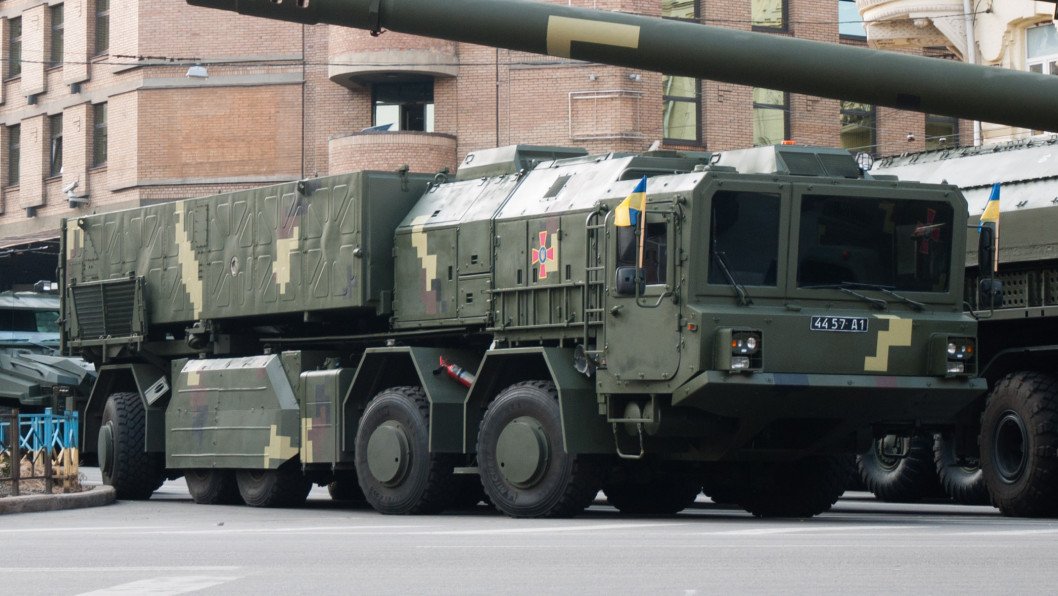
Earlier, reports emerged that Germany may provide Ukraine with up to €9 billion ($10.4 billion) in military support in 2025.
Berlin initially allocated €4 billion ($4.6 billion) for Ukraine this year, but increased the amount to €7 billion ($8.1 billion) in recent months. An additional €1.9 billion ($2.2 billion) is now being proposed, pending final approval by the Bundestag.
Part of the funding will be used for long-range weapons systems. Pistorius emphasized that Germany will participate in financing the production and acquisition of such systems for Ukraine.



-111f0e5095e02c02446ffed57bfb0ab1.jpeg)
